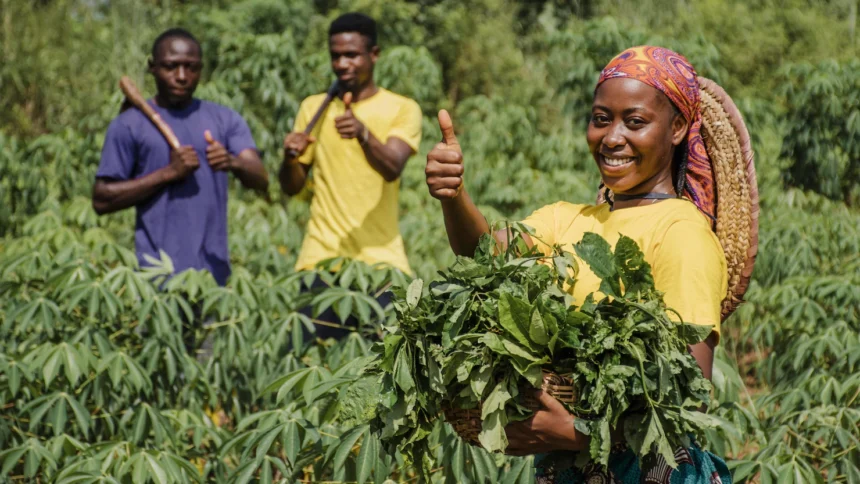Rediscovering Indigenous African Crops: Cultural Heritage and Sustainable Agriculture
Indigenous African crops play a vital role in both preserving cultural heritage and promoting sustainable agriculture. These crops have been cultivated by African communities for centuries and have adapted to the local ecosystems and climatic conditions. However, with the introduction of modern agricultural practices and the global dominance of a few commercial crops, many indigenous African crops have been neglected and forgotten. Rediscovering and promoting these crops can have multiple benefits, including preserving cultural diversity, enhancing food security, and promoting sustainable farming practices. This article explores the significance of indigenous African crops, their cultural heritage, and their potential in sustainable agriculture.
Preserving Cultural Heritage: Indigenous African crops are deeply intertwined with the cultural heritage of African communities. They have been an integral part of traditional food systems, rituals, and celebrations. These crops carry historical and cultural meanings, connecting people to their ancestors and traditions. Preserving and revitalizing indigenous crops can help preserve the cultural identity and knowledge of African communities. By promoting the cultivation and consumption of these crops, we can strengthen cultural pride, promote traditional knowledge systems, and foster intergenerational learning.
Enhancing Food Security: Indigenous African crops possess unique characteristics that make them valuable for enhancing food security. They have adapted to local growing conditions and are often more resilient to pests, diseases, and harsh climates than introduced commercial crops. By diversifying agricultural systems with indigenous crops, farmers can mitigate risks associated with climate change, such as droughts or floods, and reduce their dependence on a limited number of staple crops. Furthermore, indigenous crops often have high nutritional value, providing essential micronutrients and dietary diversity, which can contribute to combating malnutrition and improving public health.
Promoting Sustainable Agriculture: Indigenous African crops are often well-suited to agroecological farming practices, which prioritize sustainability and environmental stewardship. These crops have traditionally been cultivated using methods that conserve soil fertility, promote biodiversity, and minimize the use of synthetic inputs. By reintroducing these crops, farmers can adopt sustainable agricultural practices that reduce reliance on chemical inputs, promote soil health, and conserve water resources. Additionally, the cultivation of indigenous crops can support local economies by providing opportunities for small-scale farmers and local markets, thereby contributing to rural development and poverty reduction.
Challenges and the Way Forward: Despite the numerous benefits, several challenges exist in rediscovering and promoting indigenous African crops. These include limited availability of seeds and planting materials, inadequate infrastructure for storage and processing, lack of market demand and consumer awareness, and the dominance of commercial crops in agricultural policies and research. Addressing these challenges requires collaboration between farmers, researchers, policymakers, and consumers. Efforts should focus on strengthening seed systems, supporting community-led initiatives, investing in research and development, raising awareness among consumers, and integrating indigenous crops into national agricultural strategies.
Rediscovering and promoting indigenous African crops is not only about agriculture but also about recognizing and respecting the cultural heritage and traditional knowledge systems of African communities. By revitalizing these crops, we can contribute to food security, preserve biodiversity, promote sustainable farming practices, and empower local communities. Embracing the richness of indigenous African crops is an important step towards a more sustainable and inclusive agricultural future.
Join 'Farmers Mag' WhatsApp Channel
Get the latest Farming news and tips delivered straight to your WhatsApp
CLICK HERE TO JOIN






